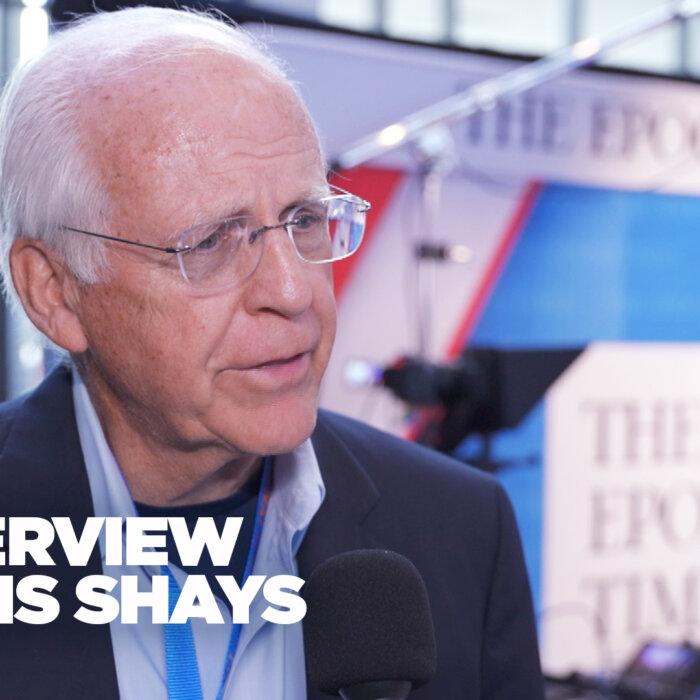A documentary that reveals the Chinese Communist Party’s acts of unconscionable inhumanity is seeking to add to the numerous accolades it has already received.
What the families uncover is the horror of an organ-harvesting industry legitimized by the Chinese Communist Party (CCP).
Producer Cindy Song recently told The Epoch Times that she is pleased the film is on the list for an Oscar nomination.
“I hope that people can understand the real history that is happening now in China through the movie, allowing the stories of innocent victims to be heard around the world,” Song said in a statement.
The film is now available to members of the Documentary branch in the Academy Screening Room for voting purposes.
Preliminary voting for shortlists will begin on Dec. 9, with the results announced on Dec. 17, according to the Academy of Motion Picture Arts and Sciences website. The nominations voting period is scheduled from Jan. 8 to Jan. 12, and the official nominations will be announced on Jan. 17. The 97th Oscars will take place on March 2.
Falun Gong, also known as Falun Dafa, is a spiritual discipline based on the principles of truthfulness, compassion, and tolerance. In less than a decade after its introduction in 1992, at least 70 million people took up the practice, according to official estimates.
The CCP perceived Falun Gong’s popularity as a threat to its rule and launched an eradication campaign against the practice in July 1999. Since then, millions have been detained inside prisons, labor camps, and other facilities, hundreds of thousands tortured, and thousands have been documented as killed, according to statistics collected by the Falun Dafa Information Center.
Song also spoke about how the documentary has been popular in Taiwan since its premiere on July 15.
A screening event of the documentary was held in the southern Taiwanese city of Kaoshiung on July 23. Among those in attendance was Chen Li-na, a Kaoshiung city councilor.
Chen suggested that the Taiwan parliament pass legislation similar to the Falun Gong Protection Act in the United States.







